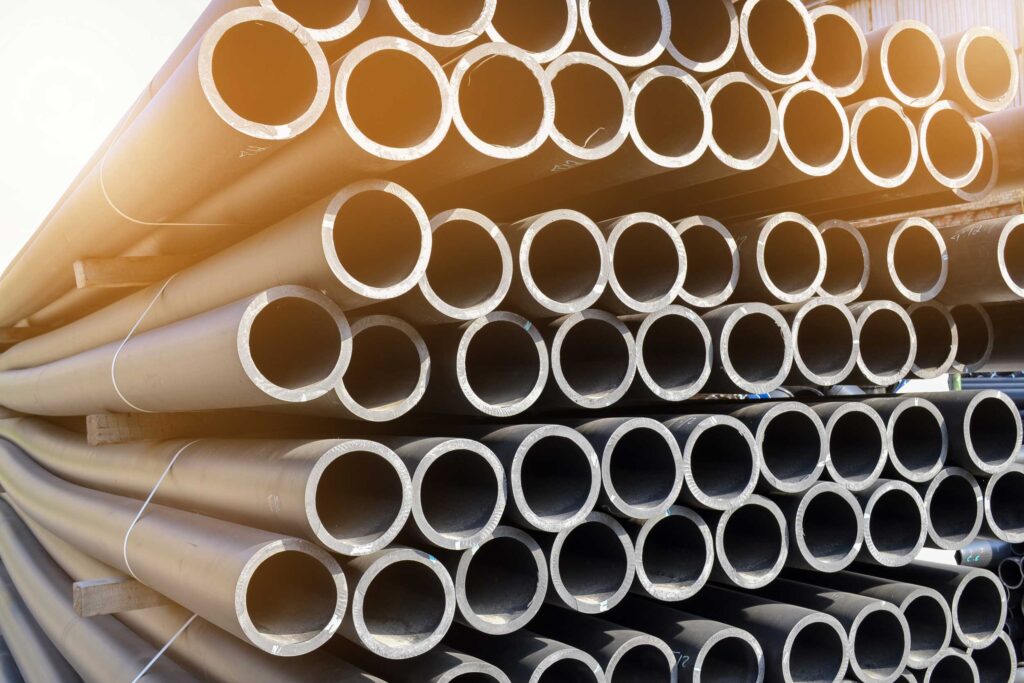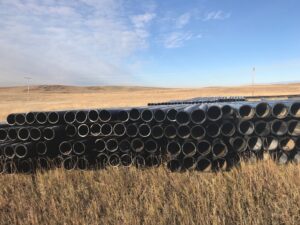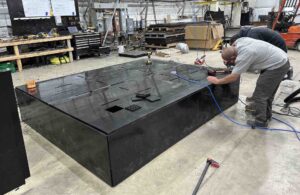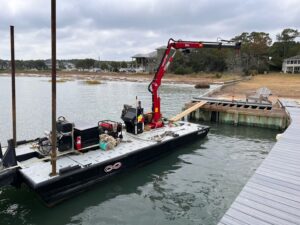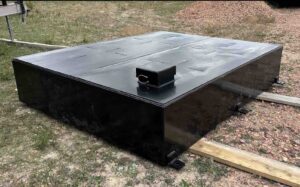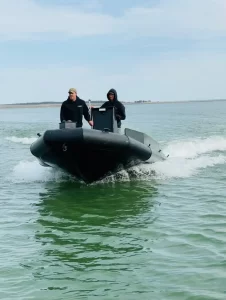Comparative Table of Common Types of Plumbing Pipes
| Type and Description | Common Uses | Advantages | Disadvantages |
|---|---|---|---|
| Copper Pipes: Traditional, non-permeable, resistant to bacteria, and recyclable. Known for reliability and durability. | Hot and cold water lines, HVAC systems for refrigerant lines | Durable, bacteria and corrosion-resistant, handles high temperatures, recyclable | More expensive than plastic pipes, can corrode in acidic environments, requires skilled labor for installation |
| PEX Pipes (Cross-linked Polyethylene): Flexible, durable plastic pipe that reduces the need for fittings. | Indoor water lines, radiant floor heating, hot and cold plumbing systems | Flexible, resistant to scale and chlorine, less prone to burst from freezing | UV sensitive, concerns about chemical leaching, not suitable for outdoor use |
| PVC Pipes (Polyvinyl Chloride): Lightweight, chemical-resistant plastic pipe, easy to work with. | Drinking water, sewage, main water supply lines | Lightweight, inexpensive, corrosion-resistant, widely available | Not suitable for hot water applications, can degrade under UV exposure, may release harmful chemicals if burned |
| CPVC Pipes (Chlorinated Polyvinyl Chloride): A variant of PVC, enhanced to withstand higher temperatures. | Hot and cold water pipes for residential and commercial use | Can withstand higher temperatures than PVC, chemical damage and corrosion-resistant, suitable for potable water | More expensive than PVC, can become brittle over time, may be damaged by certain organic solvents |
| Braided Pipes: Consist of an inner rubber hose encased in a braided metal sheath, providing flexibility and strength. | Connections for water heaters, sinks, and toilets | High resistance to pressure and bursting, provides flexibility for tight spaces, durable construction | Limited to specific applications, more expensive than solid pipes, requires professional installation |
| ABS Pipes (Acrylonitrile Butadiene Styrene): Strong, impact-resistant thermoplastic pipe, similar to PVC but more durable. | Drain, waste, and vent systems, sewer lines | Strong and impact-resistant, performs well in low temperatures, easy to install with solvent welding | Not suitable for outdoor use due to UV sensitivity, cannot be used for potable water, less flexible than PEX and PVC |
| Cast Iron Pipes: Heavy, durable pipes made by pouring molten iron into molds. Known for their sound-dampening qualities. | Underground water systems, main sewage lines, storm drainage systems | Extremely durable and long-lasting, excellent at dampening noise from water flow, resistant to abrasion and heavy loads | Very heavy and difficult to install, prone to rust and corrosion over time, expensive to repair or replace |
| HDPE Pipes (High-Density Polyethylene): Flexible, corrosion-resistant pipes made from a robust plastic that withstands various environmental conditions. | Potable water supply, wastewater systems, gas distribution | Highly durable, corrosion-resistant, flexible, eco-friendly, cost-effective over the long term | Sensitive to UV, can deform under high temperatures |
Conclusion:
With all the advantages and disadvantages, HDPE plastic pipes are a worthy choice for home, office, and industrial production. High-quality materials, compliance with technologies in the manufacturing process, and competent installation will allow these pipes to be used for a long time. That is why you should pay attention to the manufacturer and the warranty that the supplier can offer. In this case, high-density polyethylene pipes will last for many years.
If you are looking for high-quality solutions for the production of plastic pipelines adapted to the requirements of your specific environment, then contact Legacy HDPE. We focus on quality and customer satisfaction, ensuring the durability, efficiency, and cost-effectiveness of your plumbing infrastructure. For more information about our products and services, please contact us directly. Tel: 307-299-3049

